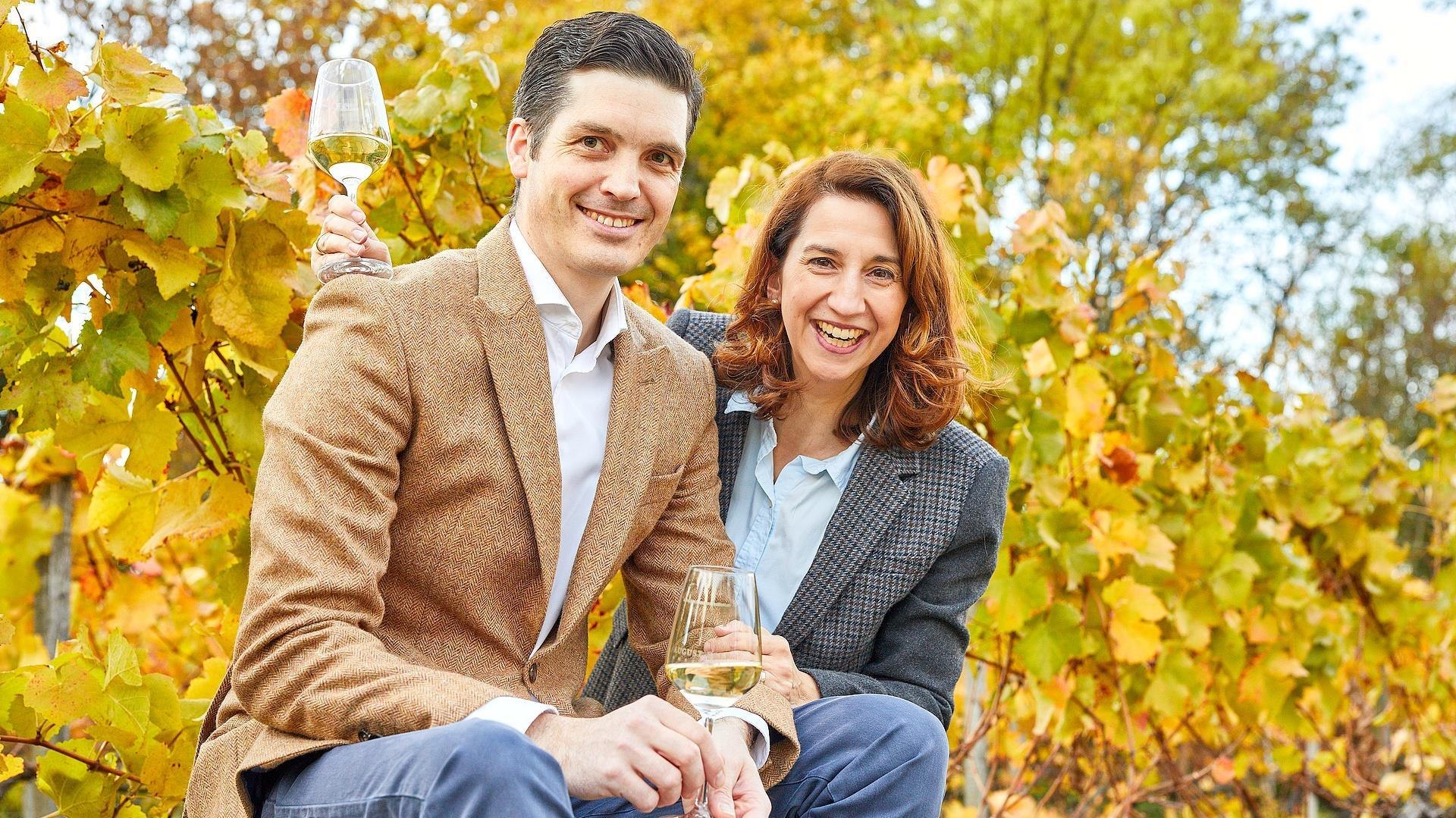10:00 - 18:00
Weingut August Eser
Friedensplatz 19, 65375 Oestrich-Winkel
After nine generations of men today the AUGUST ESER Estate is managed by Désirée Eser Baroness Knyphausen and her husband Dodo Baron Knyphausen. It is named after Désirée’s grandfather and is located right in the heart of the old village Oestrich.
The quality oriented family-run winery produces aromatic, fruity and substantial Riesling wines (90%) as well charming, elegant and powerful Pinot Noir wines (10%). The Eser winery has been voted as one of Germany’s 100 best wineries for over 15 years. In addition the winery has been a longtime member (since 1971) of the prestigious German Wine Association (VDP). This highly regarded and oldest wine association in Europe has less than 200 member estates, each one outstanding in its quality and taste of the wines. Furthermore the winery gains yearly recommendations in several national and international wine publications and competitions.
The AUGUST ESER estate stands for the marvellous variety of the Rheingau Riesling on a diverse and far spread array of high-class single vineyards throughout the region Rheingau. The winery´s logo illustrates “the key to Rheingau Riesling” and symbolizes the quality of the wines in addition to the outstanding vineyard sites. The estate currently manages 11 hectares of prime south-facing vineyards, spread-out over eight villages of the Rheingau in more than 20 single- vineyards, 15 of which are of VDP.ERSTE LAGE® and VDP.GROSSE LAGE® quality. 80% of the wines are fermented to dry and off-dry Rieslings, but a fine share is reserved for the noble-sweet wines such as Auslese. The annual pinnacle of the dry wines is the so called VDP.Grosses Gewachs®
The vineyards contain several different soil compositions, from meadow-earth, heavy clay, loess, loam soils to lighter or sandy soils, up to marly or even soils that contain red-slate and schist. This variety provides a splendid opportunity to taste Rieslings made from different kind of soil types in a single winery. Each soil type stands for a diversity of flavors and minerality. It is all about terroir and microclimate and has many similarities to the century old philosophy and classification of its counterpart in Burgundy.
Grapes are gently pressed and fermented at cool temperatures to enhance aroma development and containing the fruity bouquet. A combined fermentation and maturation process of wooden barrels as well as stainless steel tanks has throughout the years influenced many positive effects and advantages for the wine quality. The micro-oxidative processes in oak barrels help to develop a fruity yet rounded character gaining a lively and long-lasting wine structure. Stainless steel on the other hand maintains the fresh flavour and aroma immensely. The 300 year-old oak barrel cellar (the oldest barrel dates back to 1898) is thus still in full and proper use and can definitely be called a highlight for every visitor to the estate.

